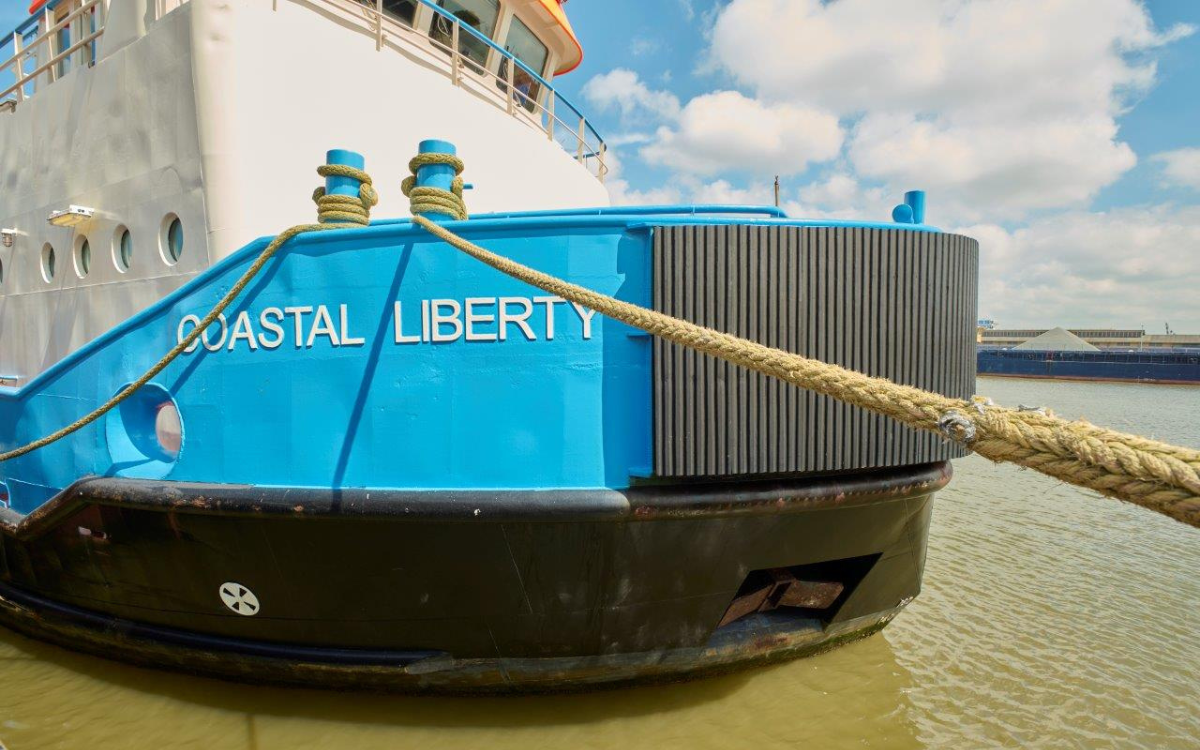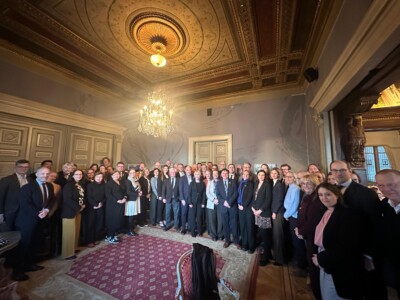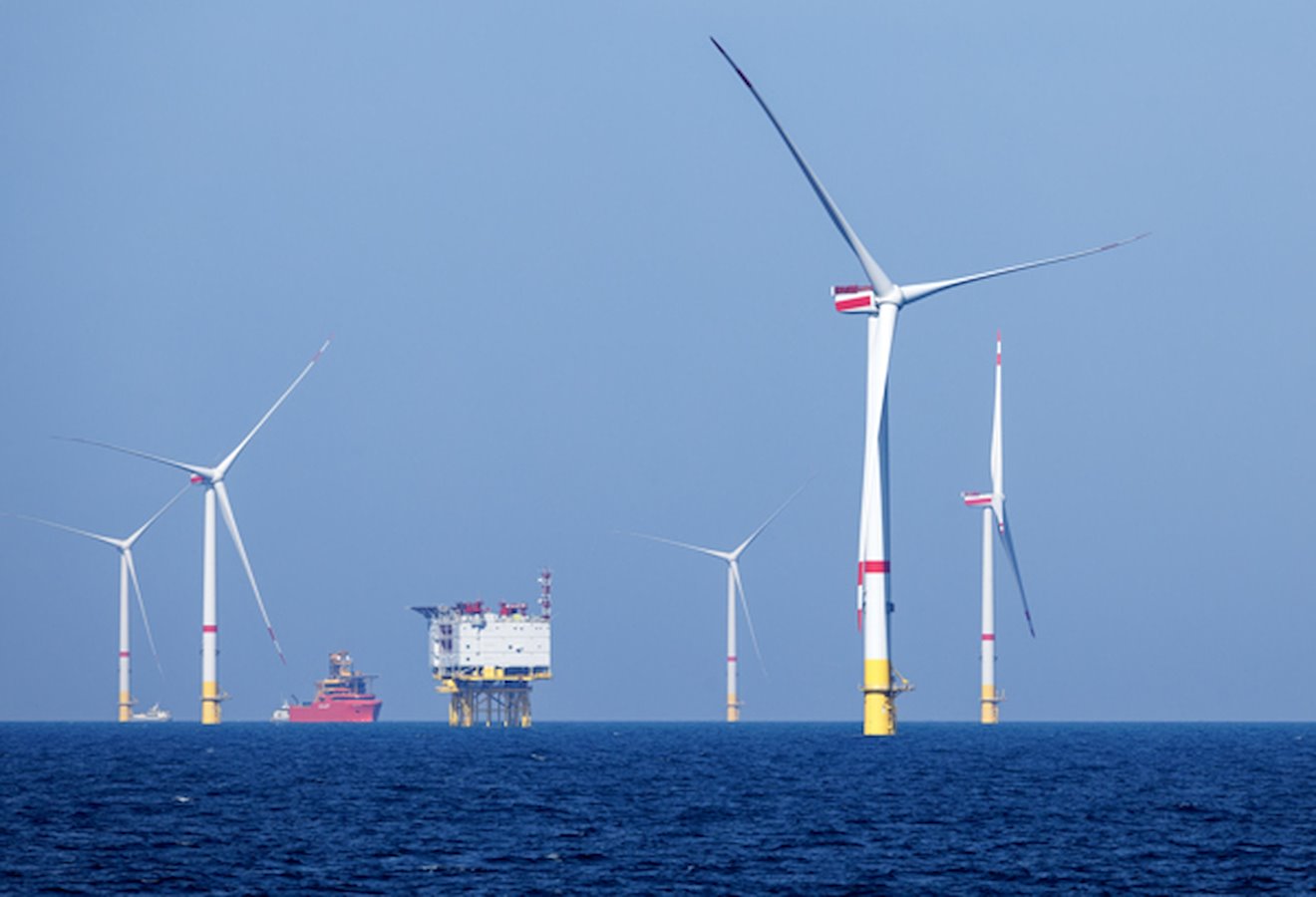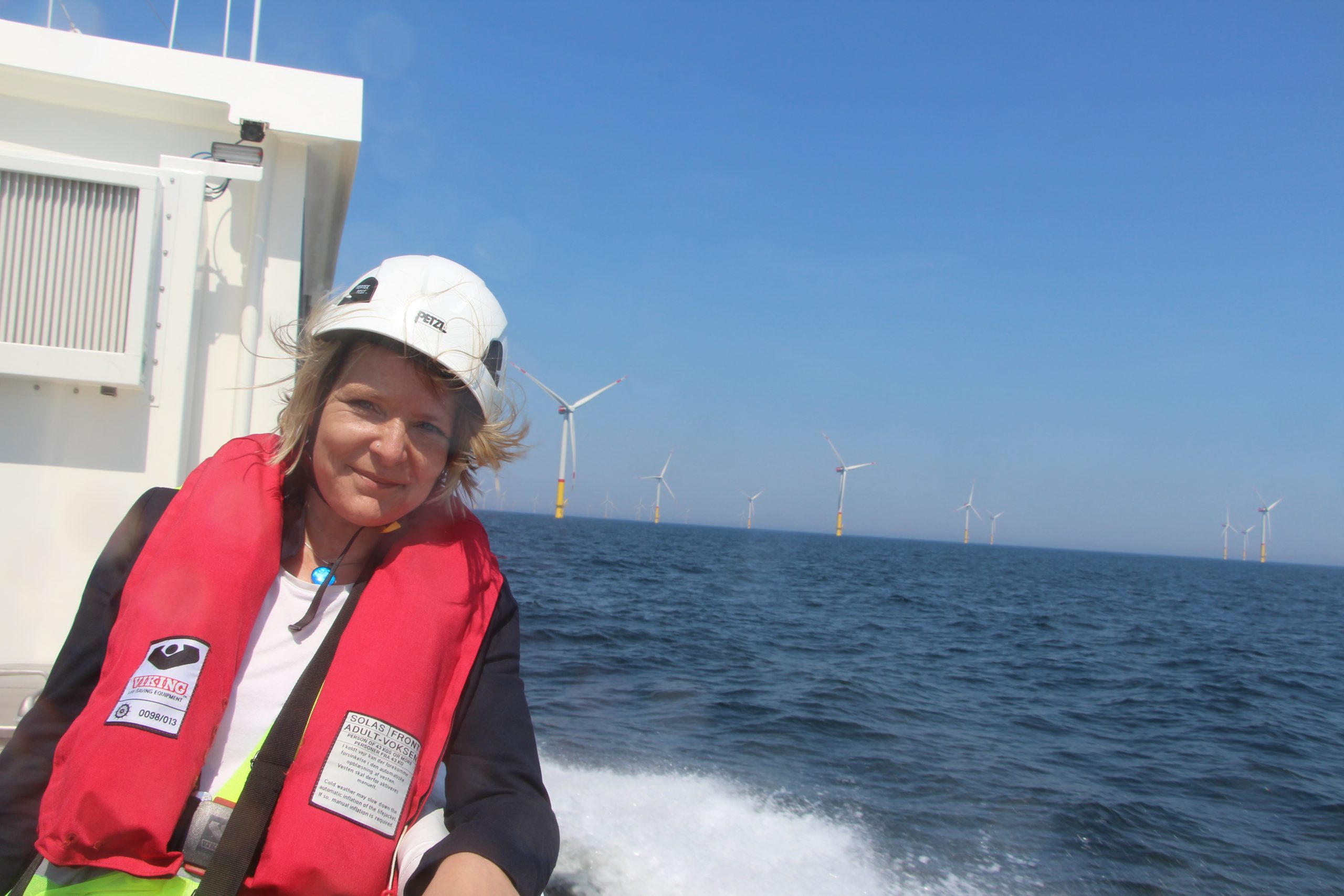The Offshore Supply Vessel (OSV) Coastal Liberty has commenced operations using a hydrogen-electric energy system in the German Wadden Sea. This initiative aims to reduce emissions associated with maritime activities, aligning with broader efforts to transition towards sustainable energy sources in the shipping industry.
The hydrogen system, developed by Hamburg-based eCap Marine, received class certification from DNV in February 2024. It enables the vessel to operate without emissions, utilising green hydrogen and battery power.
Overview of the Hydrogen-Electric System
The containerised energy solution implemented on Coastal Liberty includes two Ballard FCwave 200 kW fuel cells and a maritime battery system from Lehmann Marine. The system also incorporates a fire suppression mechanism, hydrogen tank units, a custom power management system, and necessary safety equipment.
Lars Ravens, Managing Director of eCap Marine, stated that this system represents a unique installation for a seagoing vessel, with the potential to be scaled up for larger commercial ships and longer journeys, as well as adapted for smaller inland vessels.
Local Hydrogen Production
The green hydrogen powering the fuel cells will be produced locally from offshore wind energy at a hydrogen plant located a few kilometres from the vessel’s berth. The electrolyser, designed for future expansion, was installed concurrently with the fuel cell project to support local production.
eCap Marine has also developed swappable high-pressure hydrogen tank systems focused on safety. According to Frederike Engels, Head of Projects at eCap Marine, the process for switching out tanks is designed to be quick and efficient, taking just a few minutes.
Implications for the Maritime Sector
The introduction of the hydrogen-electric system is expected to result in lower vibrations on board and more immediate responses from the vessel’s propulsion system. Jochen Kaufholt, CEO of Offshore Service Gesellschaft, characterised Coastal Liberty as a notable step in the maritime sector’s transition to sustainable energy solutions.
This development underscores the ongoing exploration of alternative energy sources in the shipping industry, particularly in relation to offshore wind capabilities in the Baltic Sea region. As the maritime sector seeks to reduce its environmental impact, initiatives like that of Coastal Liberty may serve as a reference point for future projects.














